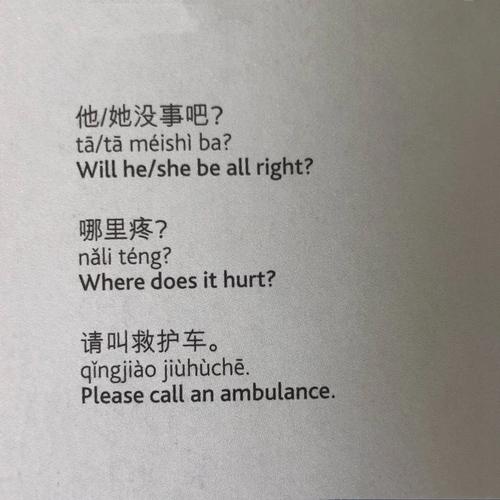
Understanding Bug Bite Sting Swelling: A Comprehensive Guide
Bug bites and stings can be a common occurrence, especially during the warmer months when insects are most active. When you experience a bug bite or sting, it’s not uncommon to notice swelling. This article aims to provide you with a detailed and multi-dimensional introduction to bug bite sting swelling, covering various aspects such as causes, symptoms, treatment, and prevention.
Causes of Bug Bite Sting Swelling
Bug bite sting swelling occurs due to the body’s immune response to the venom or allergen released by the insect. Here are some common causes:
| Insect | Venom/Allergen | Common Symptoms |
|---|---|---|
| Bees | Phospholipase A2 enzyme | Pain, redness, swelling, itching, and sometimes anaphylaxis |
| Wasps | Phospholipase A2 enzyme | Pain, redness, swelling, itching, and sometimes anaphylaxis |
| Mosquitoes | Saliva | Pain, redness, swelling, itching, and sometimes allergic reactions |
| Spiders | Spider venom | Pain, redness, swelling, itching, and sometimes severe allergic reactions |
It’s important to note that some individuals may be allergic to certain insects, which can lead to more severe reactions, including anaphylaxis, a life-threatening condition that requires immediate medical attention.
Symptoms of Bug Bite Sting Swelling
When you experience a bug bite or sting, you may notice several symptoms, including:
-
Pain or throbbing sensation at the site of the bite or sting
-
Redness and inflammation around the affected area

-
Swelling, which can vary in size and intensity
-
Itching, which may be mild to severe
-
In some cases, a raised bump or pustule may form at the site of the bite or sting
These symptoms typically appear within a few minutes to a few hours after the bite or sting and can last for a few days to a few weeks, depending on the severity of the reaction.
Treatment for Bug Bite Sting Swelling
Most bug bite sting swelling can be treated at home with simple measures. Here are some effective treatments:
-
Cool Compress: Apply a cool, wet compress to the affected area for 10-15 minutes several times a day to reduce swelling and pain.
-
Antihistamines: Over-the-counter antihistamines, such as diphenhydramine (Benadryl), can help alleviate itching and reduce inflammation.
-
Topical Creams: Topical corticosteroid creams, such as hydrocortisone, can help reduce inflammation and itching.
-
Oral Pain Relievers: Over-the-counter pain relievers, such as ibuprofen or acetaminophen, can help alleviate pain and reduce inflammation.
In cases of severe allergic reactions or anaphylaxis, immediate medical attention is required. This may include administering epinephrine, antihistamines, and corticosteroids to manage the symptoms.
Prevention of Bug Bite Sting Swelling
Preventing bug bites and stings can help reduce the risk of swelling and other complications. Here are some tips to consider:
-
Wear protective clothing, such as long sleeves and pants, when spending time in areas with a high insect population.
-
Use insect repellents containing







